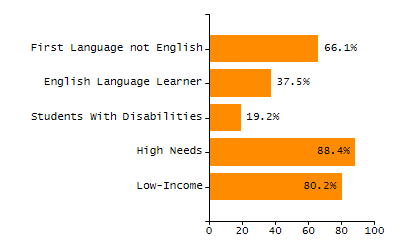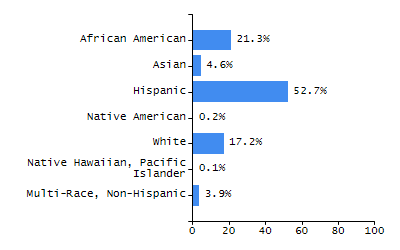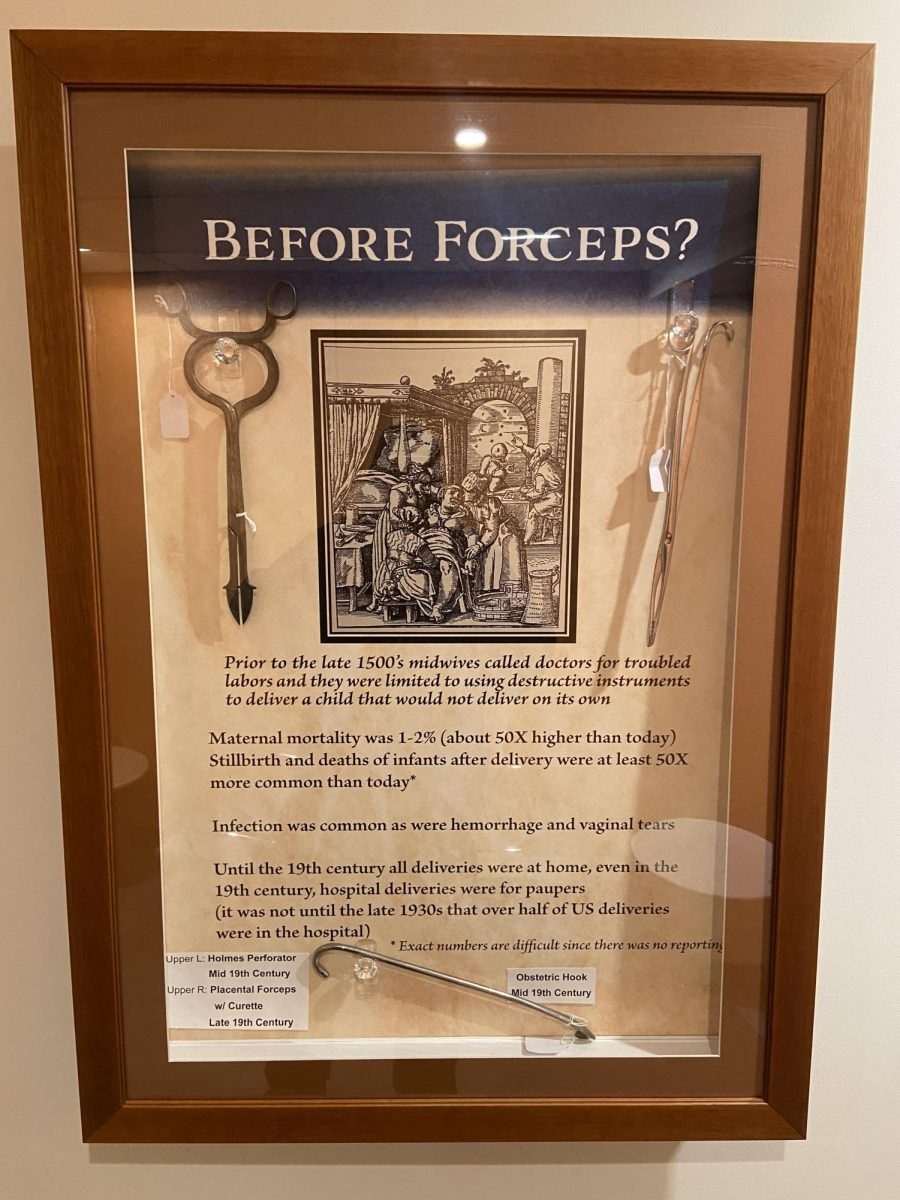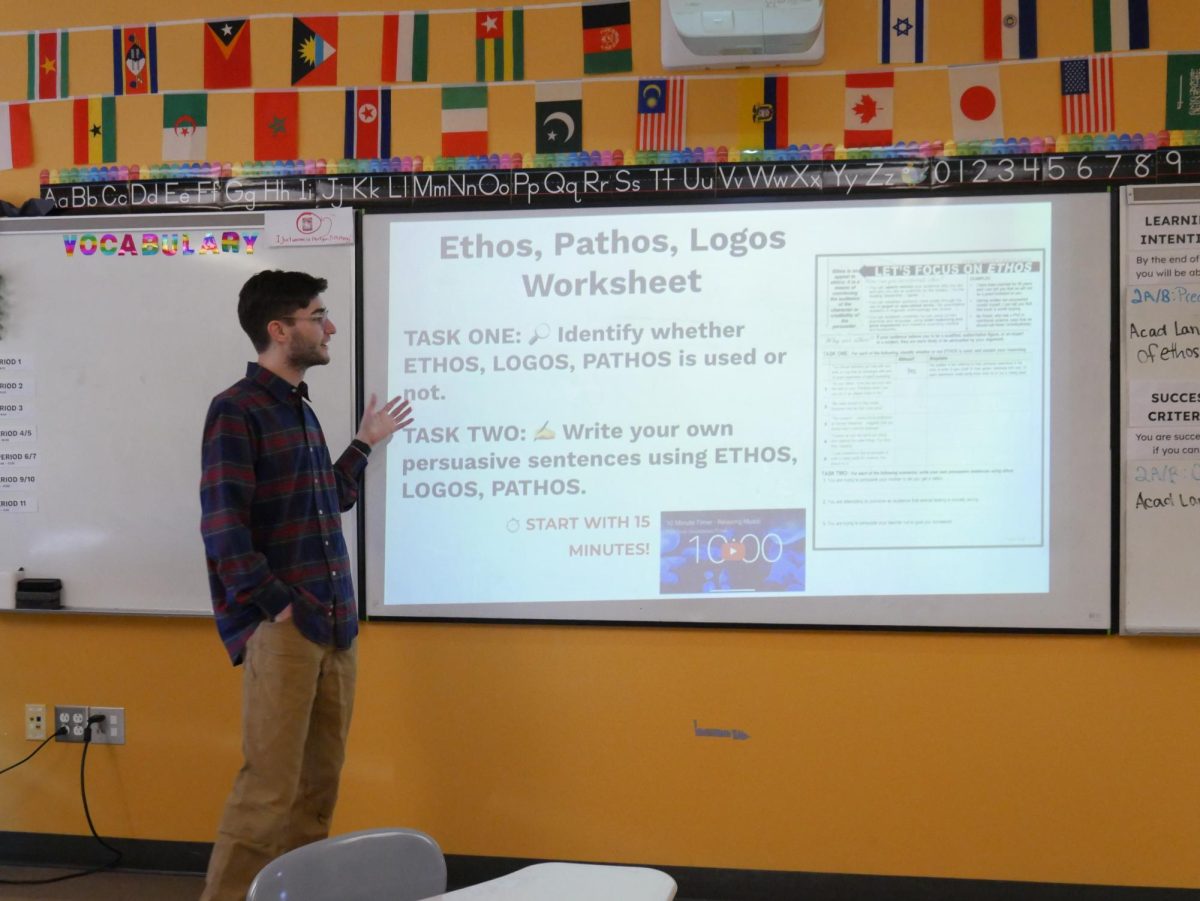What is the MCAS?
The Massachusetts Comprehensive Assessment System (MCAS) is a set of statewide standardized tests. State law requires that high school students meet the Competency Determination (CD) standard in order to graduate, which is usually done by earning a passing score on MCAS tests.
Why does Massachusetts give the MCAS tests?
Statewide testing gives families an objective measure of their child’s and school’s progress and is one way for taxpayers to see the results of their investment in schools. State test scores are just one piece of a student’s academic picture, but they provide important information. In addition, federal and state laws require statewide testing.
That said, how about we take a closer look at our school? We are made up of large communities from different places and countries, which means they have different perspectives on MCAS and its difficulties. 
On the date made available on the Mass.Edu website, we can see that in the English MCAS, for example, less than half reach the expectation to pass the test. For example, across the state, the average score is 504 and our school’s average is 483. Our focus will be on the English MCAS, since it is what requires the most text interpretation, the most attention and, of course, the much feared fluency in English. 
This test is definitely not for all students, even though it has a Spanish translation, where is the focus on other languages? Now North High had had a large increase in Haitian students- but how can they pass the test? How will Syrian, Afgani, Persian, Vietnamese, and Brazilian students take it? Is handing out the dictionary really effective during the test period?
We had an ESL teacher pose these two questions to his student body:
Do you think that it is fair for all students that you can only translate MCAS into two languages, English and Spanish? Why or why not?
Two of the students’ answers caught my attention the most.
“In my opinion it is somewhat unfair because they don’t only speak Spanish here at school, there are multiple languages and well it shouldn’t be like that since there are many people who don’t know English well and in the same way I speak Spanish but I still think it is unfair, that would be my opinion.”
“I think it is a bit fair, because some students who come from other countries do not know the language and learning it in less than 1 year to be able to pass the MCAS test is unfair, the probability that the student will fail for not knowing the language is high.”
These two answers really caught my attention because of the contrast- many students are split- just like at the state level.
We also talked to ESL teachers here at North about their perspectives on this as well.
Ms. Gaxhie
As an ESL teacher at North High, do you think it is fair that students whose first language is not English are required to take MCAS in order to graduate from high school?
As a teacher, I see both the challenges and the potential benefits of requiring English Language Learners (ELLs) to take the MCAS as a graduation requirement. ELLs are learning English as they learn academic content, and testing them in English can place them at a disadvantage compared to native English speakers, especially if they haven’t yet achieved full language proficiency. This could affect their test performance and may not fully reflect their understanding of the subject matter.On the other hand, holding ELLs to a common academic standard, like the MCAS, can help ensure they are prepared for the language demands of life after high school, whether in college.
Do you think it is effective to give the dictionary during MCAS? Why?
Allowing students access to a dictionary during the MCAS can be effective, especially for English Language Learners (ELLs) and students who may struggle with vocabulary. A dictionary can help these students better understand complex words and phrases, which may improve their comprehension of questions and their confidence in answering. This support can be particularly helpful in tests that measure reading comprehension and writing skills.
Do you think student interest and behavior affect MCAS scores?
Yes, student interest and behavior can significantly affect MCAS scores. When students are engaged and interested in the material, they’re more likely to put in effort, stay focused, and retain information. Interest can drive motivation, which directly impacts their performance, especially in challenging testing situations. Conversely, if students find the content irrelevant or un engaging, they may be less motivated to invest their best effort, which can lower their scores.
Ms Lena
As an ESL teacher at North High, do you think it is fair that students whose first language is not English are required to take MCAS in order to graduate from high school?
In my opinion, this is not a fair practice. ESL students have the ACCESS test to help monitor their English Development. According to Professor J. Cummins, one of the world’s leading authorities on bilingual education and second language acquisition, it can take a multilingual student 5-7 years to test similarly to their native-speaking peers in English. Adding another standardized test in a language they are learning can be intimidating and discouraging. If the state wishes to test students in math or biology, they need to make translations equitable. According to Ellevations Data, North High has over 500 multilingual students who speak over 21 different native languages. 51% of those students are listed as Spanish speakers. The test allows those students to take the Math and Biology exams in a Spanish version. The practice is beneficial for Spanish speakers but neglects the 20 other first languages spoken at our school. I believe that for MCAS data to be accurate, there needs to be revisions to its policy.
Do you think it is effective to give the dictionary during MCAS? Why?
I believe that a dictionary is time-consuming and can be overwhelming. There needs to be a more streamlined way. Perhaps a better solution would be an online dictionary attachment that allows students to look up a word/ the translation.
Do you think student interest and behavior affect MCAS scores?
Yes, I believe that if a student struggles with test taking they may become frustrated during the test and not show an accurate portrayal of their skills. Additionally, teachers feel pressure to prepare students for the test and do not have as much flexibility to review difficult concepts. These can be especially difficult for newcomer students. If a student feels like they aren’t able to complete the work they are more likely to lose interest or have behavior that can effect the classroom.
Ms. Perron- English teacher
Q- What do you think about people who don’t have a first language having to take the MCAS?
A: I think it’s really challenging for them, I think there should be other alternatives for them to take the test or the test shouldn’t be mandatory for them.
Q- Do you think that students’ behavior affects their grades and final grade on the test?
A: Yes, I think their behavior does affect their MCAS score, maybe one day you wake up and you can’t put it into practice and concentrate on the test but also something in the room makes you not pay attention.
My view is that requiring students whose first language is not English to take the MCAS may not be fair. Testing them in a language they are still learning may not accurately reflect their academic abilities. Additionally, providing a dictionary during the test may be helpful, but it is a limited solution and can add time. A more effective approach would be to allow translations of the tests into all students’ languages, ensuring a more equitable assessment. Students’ interest and behavior undoubtedly influence their performance, and creating a more fair and engaging testing environment can help to achieve more accurate results.
We also conducted some interviews with some students who had already taken the MCAS test and what they thought about it, since English is not their first language, and these were their responses
(Anonymous Spanish): There are some who can understand, but there are some students who have just arrived and are forced to take the test and they have no idea what is written and it is difficult and I feel like it is very strict for students who have no idea that MCAS exists to take the test, very ugly… Very bad.
(Elias Grade 9) – I think it’s unfair because there are a lot of people in this school who don’t speak English or Spanish. I speak Spanish and I’m from Venezuela, but I think it’s unfair, not just for me, but for everyone who doesn’t speak either language.
(Anonymous Spanish): I don’t think they should have to get the points to graduate without knowing English, like people who take a long time to understand and won’t pass, and that will be like a stumbling block in the way of being able to graduate and get into college.
-Q: Even with the dictionary?
A: No, because the dictionary takes a lot of time…
We can see that many students don’t agree with students who don’t speak English taking this test, and even if there is a dictionary, it’s very difficult because you waste a lot of time looking for the word and end up not being able to complete it on the day because you ended up wasting time looking for the word.




















